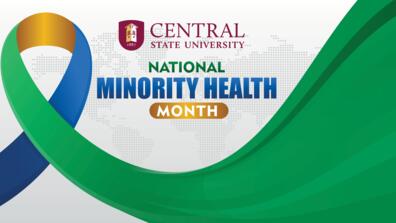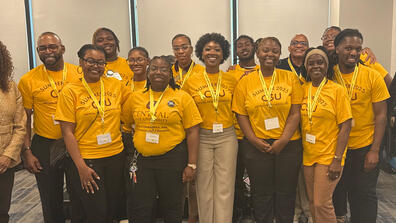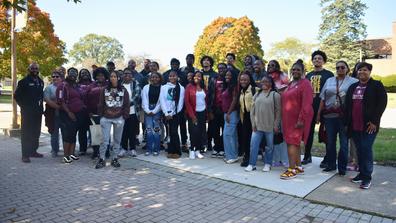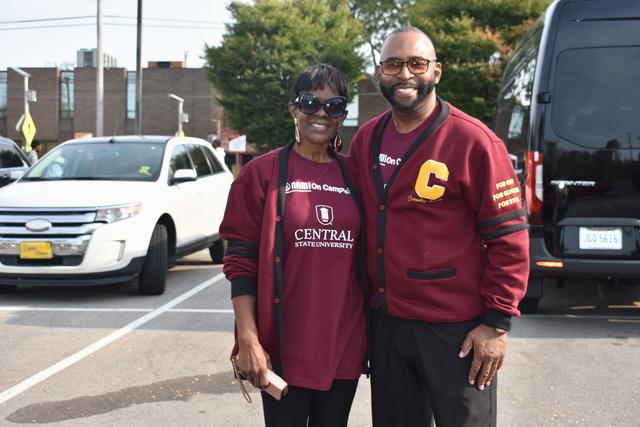
Restoring community, one circle at a time: Central State’s Restorative Justice Program builds a culture of care
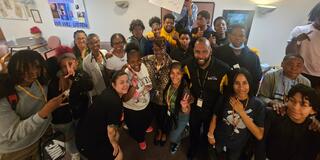
Editor’s note: This is Part IV of Central State University’s ongoing series for BIPOC Mental Health Awareness Month.

What began as a single conversation circle has evolved into a transformative, University-wide movement for healing, accountability, and belonging.
Since launching in June 2023, the partnership between Central State University Counseling Services and Restorative Justice Arts (RJA) has been steadily reshaping how students, faculty, staff, and community members approach conflict, mental health, and interpersonal connection. At the heart of this effort is a powerful philosophy:
Every individual deserves a voice, every relationship can be repaired, and community care must always be intentional.
Rooted in the science of relationships and influenced by Indigenous and global traditions, restorative justice practices aim to repair harm, foster accountability, and build inclusive environments through proactive and responsive “circle” conversations. These circles — guided discussions where participants speak, listen, and reflect in an equitable space — create opportunities to strengthen bonds, resolve conflict, and support emotional wellness.
“We’re building cultures of care,” said Deron Bell Sr., licensed restorative practices practitioner, founder of Restorative Justice Arts, and lead facilitator of CSU’s circle conversations. “That starts with building relationships but also having the tools to respond when harm happens — through non-punitive approaches that still hold people accountable.”
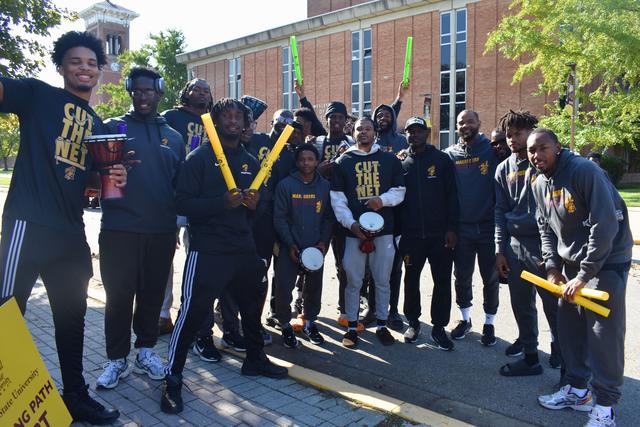
A campus transformed by circles
Central State’s implementation of restorative practices spans more than 10 departments and programs, including Athletics, Upward Bound, Counseling Services and its Music Lab, horticulture, poetry, dance, art, the Office of Violence Against Women (OVW), Central State University Extension services, and the Kinder College initiative.
Each setting adapts restorative circles to meet its unique needs. In the Music Lab, located at the Harry M. Lackey/Benjamin F. Lee Health Center, students participate in weekly reflection circles that blend drumming, keyboarding, breathwork, and creative expression. The instruments themselves reflect student input — cowbells, Caribbean drums, and culturally meaningful tools that empower students to regulate emotions and tell their stories.
“The equipment is the voice of the students,” Bell explained.
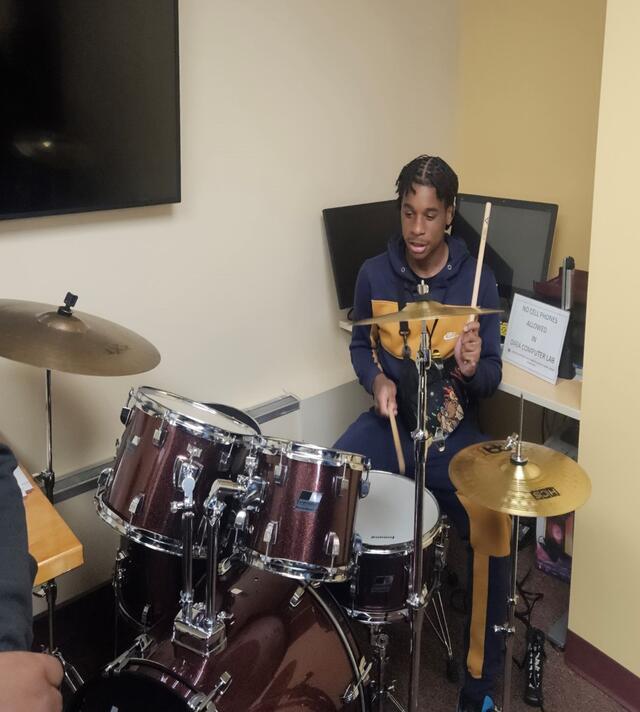
Restorative circles for horticulture and environmental studies explore healing through nature, while trauma-informed circles with OVW provide safe spaces for survivors and advocates to process experiences and develop empowerment strategies.
Athletes, band members, and performing arts students engage in circles focused on teamwork and cultural expression. Mentorship sessions for Upward Bound students emphasize leadership, emotional intelligence, and accountability.
The impact is clear: participants report stronger self-awareness, emotional regulation, conflict resolution skills, and a deeper sense of belonging on campus.
“The ultimate goal is to build community,” said Dr. Sonia Hunt, Director of Counseling Services. “And for Central State specifically, that means strengthening our presence in the community, which also supports enrollment, retention, and long-term student success.”
From Kinder College to global leadership
The program’s reach extends well beyond campus. In partnership with City Day Community School in Dayton, University students lead literacy and wellness circles for elementary learners through the Kinder College initiative. The goal is to create a continuous pipeline of support, mentorship, and exposure to higher education from kindergarten to college.
One memorable visit ended with kindergartners placing painted handprints on the wall of CSU’s health center to mark their experience. “It restored something in them,” said Dr. Hunt.
“We’re heard reports of our little scholars going home and saying, ‘I’m in college.’”
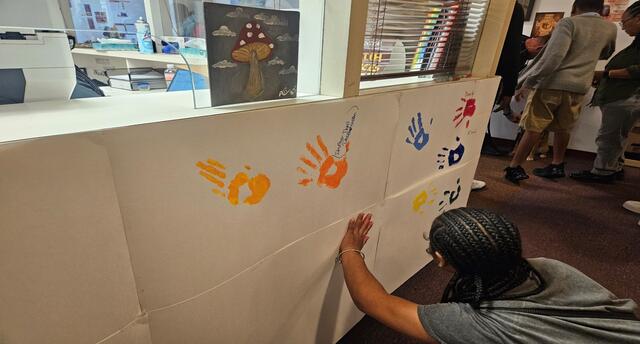
This early engagement also strengthens CSU’s enrollment efforts. As these Kinder Scholars grow, they’ll be invited back each year — building relationships not only with the campus, but with the idea that college is for them. Plans are underway to track these students' growth through high school graduation, with hopes they’ll eventually enroll at Central State.
The program also fosters international understanding. CSU’s international students participate in relationship-building circles that celebrate cultural exchange, enhance peer connections, and promote restorative values globally. These efforts have drawn national and international recognition.
At the 2023 International Institute for Restorative Practices (IIRP) World Conference in Detroit, CSU’s model was spotlighted as a leading example of how restorative justice can flourish in a higher education setting. The success led to a major invitation: Central State will headline the 2025 IIRP World Conference in Chattanooga, Tennessee this October, hosting the opening ceremony, a TEDx-style Choice Event, and breakout sessions sharing their replicable, evidence-based model.
What lies ahead
With the readiness phase complete, Central State is now in full implementation. The program continues to evolve with expanded peer leader training, data collection on engagement and outcomes, and integration into summer camps through CSU’s Land-Grant Extension services.
Plans for 2025 and beyond include:
- Adding Judicial Anger Support Circles and Positive Behavior Circles.
- Enhancing parent and family involvement.
- Expanding circle conversations into academic and co-curricular spaces.
- Tracking progress using technology and qualitative feedback.
- Sustaining partnerships with schools, alumni, and community organizations.
From the Healing Circle and music-based wellness programming to support from campus police officer Jeremy Blum and therapy dog Penny, the initiative is comprehensive. Every conversation, every connection is part of a larger goal — to cultivate a resilient, inclusive, and empowered University community.
“Restorative practice is not a program — it’s a way of doing things,” Bell emphasized.
“And that way is rooted in love, understanding, and restoration.”
Next in the series: Student and alumni columns on healing, hope, and identity.
